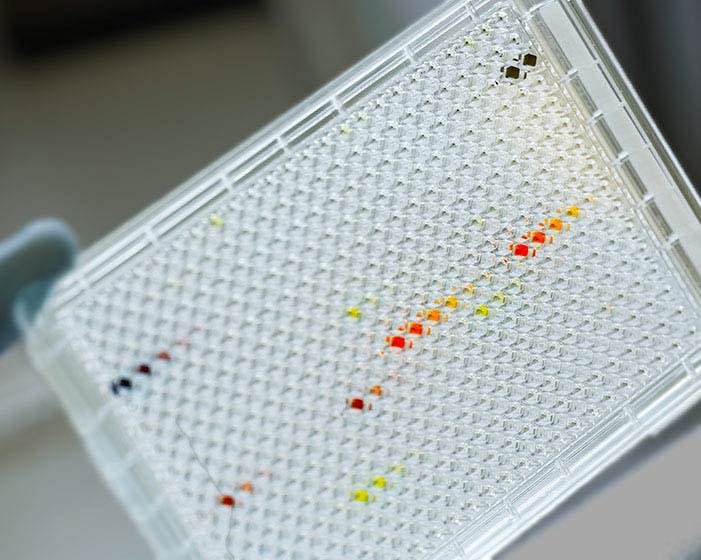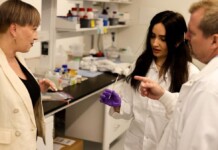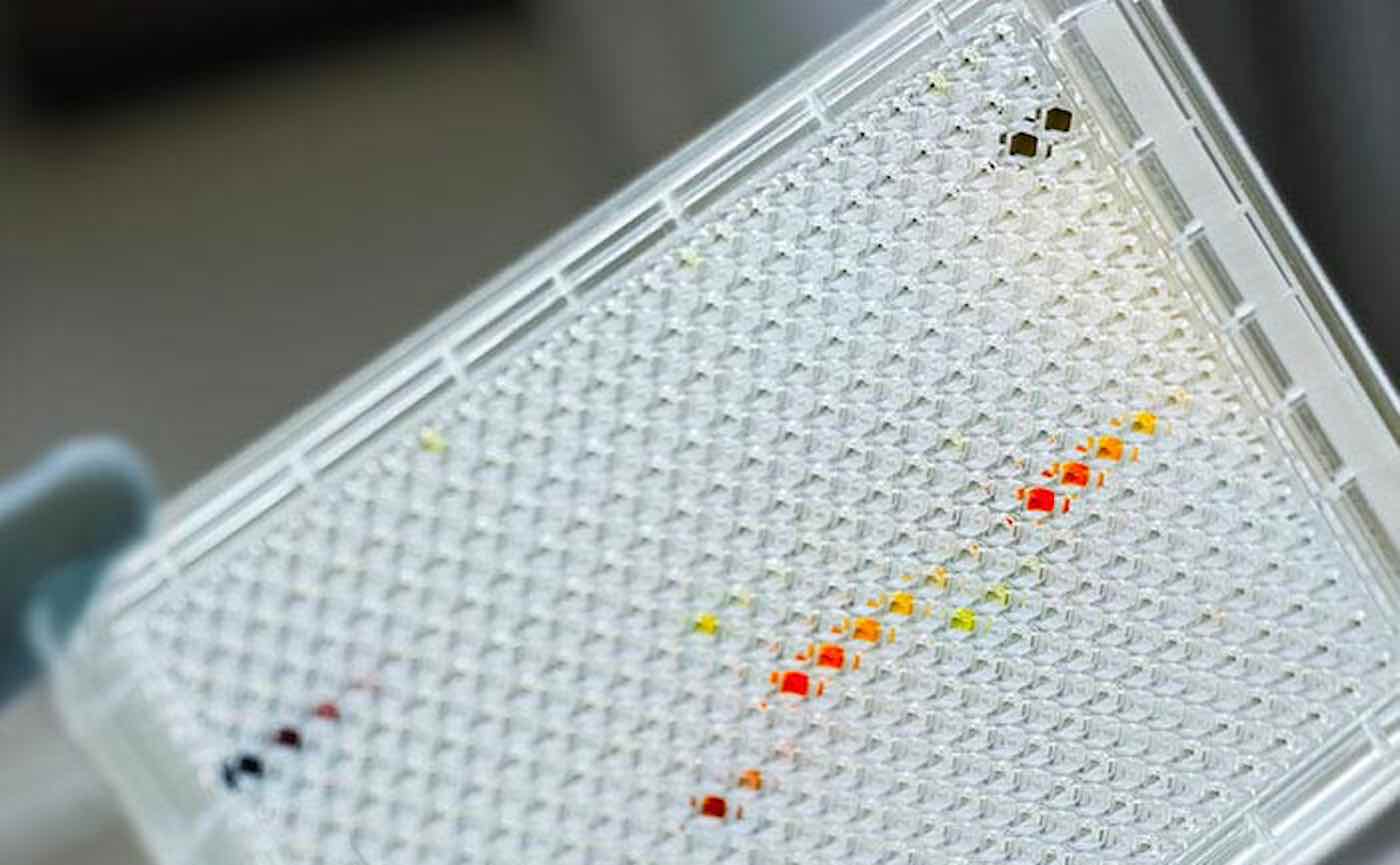In one of the largest studies of its kind, researchers are using “powerful” new gene-editing technology to pinpoint the weaknesses in cancer cells.
If surgery or localized therapy is not an option, then patients are generally forced to undergo chemotherapy and radiation as a means of attacking cancer cells.
Unfortunately, that also means that patients have to endure all of the debilitating side effects and potential health risks that come with it.
Thankfully, scientists from the Wellcome Sanger Institute and Open Targets have developed a groundbreaking new road map that identifies and pinpoints the weakest genetic points of different cancer cells.
In a study that was published in Nature this week, the team used CRISPR technology to disrupt every gene in over 300 cancer models from 30 cancer types and discover thousands of key genes essential for cancer’s survival. The team then developed a new system to prioritize and rank 600 drug targets that show the most promise for development into treatments.
MORE: New ‘Trojan Horse’ Cancer Drug Successfully Treats Patients With 6 Different Kinds of Lethal Tumors
The team focused on common cancers, such as lung, colon and breast, and cancers of particular unmet clinical need, such as lung, ovarian and pancreatic, where new treatments are urgently needed.
However, the team also managed to discover a new genetic weakness called Werner syndrome RecQ helicase, which is common in many stomach and colon cancers – and this discovery could lead to the first treatments capable of targeting the gene and treating the cancers.

The results accelerate the development of targeted cancer treatments and bring researchers one step closer to producing the Cancer Dependency Map, a detailed rulebook of precision cancer treatments to help more patients receive effective therapies.
“The Cancer Dependency Map is a huge effort to identify all the weaknesses that exist in different cancers so we can use this information to empower the next generation of precision cancer treatments,” said Dr. Mathew Garnett, co-lead author from the Wellcome Sanger Institute and Open Targets.
“This tool will be freely available for scientists across the world to understand what makes a cancer a cancer, and how we might target different types of cancers much more effectively than we do today.”
LOOK: Boy is Cured of Aggressive Cancer Thanks to Stem Cell Treatment Using Donated Umbilical Cord
Scientists and pharmaceutical companies are exploring new targeted therapies that selectively kill cancer cells, leaving healthy tissue unharmed. Currently, producing new effective treatments is very difficult; it costs approximately $1-2 billion to develop a single drug, but around 90% of drugs fail during development. Therefore, selecting a good drug target at the beginning of the process can be seen as the most important part of drug discovery.
Dr Francesco Iorio, co-first author from the Wellcome Sanger Institute and Open Targets, said: “To give a new drug the best chance of succeeding in the very final phases of clinical trials, it is crucial to select the best and most promising drug target at the beginning of the drug development process.
MORE: UCLA Surgeons Develop Simple Spray Gel to Super-Charge Immunity and Prevent Cancer From Returning
“For the first time, in a data-driven way, we provide guidance at a genome-scale on which new therapeutic targets should be put forward for the development of new anti-cancer drugs,” he added.
Professor Karen Vousden, Cancer Research UK’s chief scientist, said: “What makes this research so powerful, is the scale. CRISPR provides a unique tool to accelerate discovery of oncology drug targets, and this study is a salient leap in a positive direction.”
(WATCH the explanatory video below)
Cure Your Friends Of Negativity By Sharing The Good News To Social Media…




















